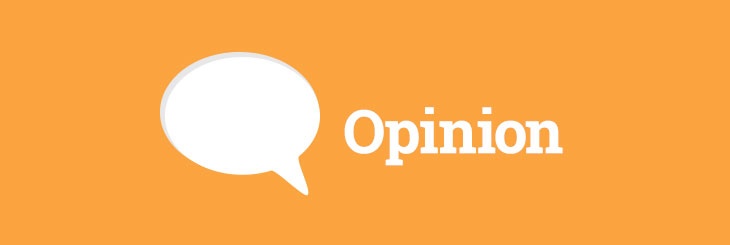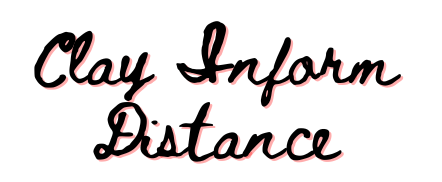
April is National Financial Capability Month, a time to encourage people to take action to improve their financial futures. According to a recent Bank of America survey, 43% of Americans said they could not save as much as they expected in 2020. Regularly reviewing savings and spending habits is essential at any stage but especially after a period of disruption and uncertainty brought on by the pandemic.
An intelligent savings strategy — for individuals, families and small businesses — should incorporate goals. Setting short or long-term goals can help motivate you to stick with saving and inform your strategy. Our survey found the most common savings goals are preparing for retirement (44%), increasing savings (42%), building an emergency fund (36%) and paying off credit cards (27%). Setting goals and measuring progress can help you become financially secure and prepared for the future.
Here are five ways to become a more substantial saver in 2021.

Save automatically. Saving can fit into your everyday routine with automatic savings tools that make it easy to build up your savings. By setting up automatic transfers from your checking to savings, you can save without thinking about it.
Save for the unexpected. Saving even a few dollars each month can help you prepare for life’s unexpected moments. Look for simple areas to cut back, like unused subscriptions. Then reroute those expenses to savings. Make regular contributions to your emergency fund over time and store it in a separate account so you are not tempted to touch it for non-emergencies. Place your tax refund in your emergency fund, too. Aim to save three months worth of expenses when starting an emergency fund and build from there.

Save as a family. Make saving a family affair to reach your goals and impart good habits to your children. According to our research, half of Millennials said they didn’t start budgeting until college. Consider fun ways to involve your kids early on, like opening a checking/savings account for them. Teaching your kids about saving money can help kickstart a solid financial future and allow them to practice saving money and working toward goals.
Budgeting is key to building a solid financial foundation. Start by teaching your children how to create a budget and track their spending. Once you’ve developed a budget, work together to identify areas to save — even if it’s just $5 per month to start — and put the money into their account.
Save when you spend. Identify your spending priorities and maximize the cash back you earn on your everyday purchases. For many, spending priorities constantly change, so consider a flexible rewards credit card that adapts to your needs. You can use the rewards you earn to save by setting up automatic transfers so that whenever you reach a certain rewards balance, it gets deposited directly into your savings account or your emergency fund. Just make sure you can always pay off your bill in full and on time.
Save for your business with digital tools. Businesses across the country have had to adjust their operations due to the public health crisis, including enhancing sanitation practices, changing primary revenue streams and shifting sales from brick-and-mortar to online. As we continue to adhere to social distancing requirements, consider banking digitally to limit in-person interactions and free up time to remain focused on running your business. Connect with your banker on what digital options are available to you, such as a digital dashboard that provides an easy way to manage, track and project your business cash flow.
Some encouraging news: 38% of Americans aim to save more in 2021. By employing some of the saving habits detailed here, Arkansas families and businesses can build on their financial security.
Luis Cantú is a senior vice president and consumer banking market leader for Bank of America Arkansas. The opinions expressed are those of the author.
